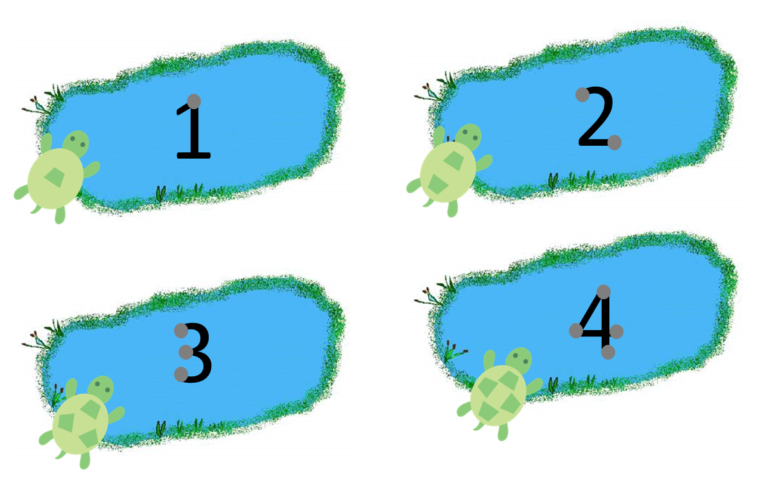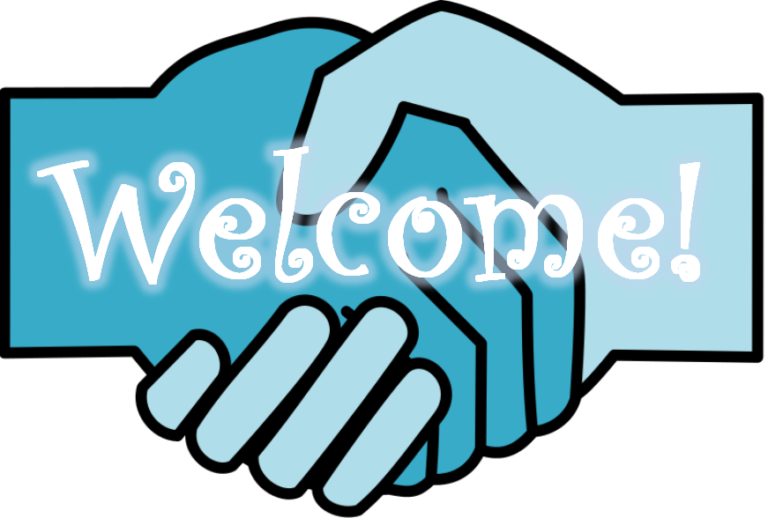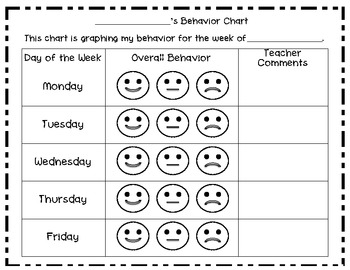Imaginations – The Stories We Tell Ourselves
Imaginations. We all have them. But I’m not talking about imaginations in the way you might be thinking. I’m talking about imaginations in terms of the stories we tell ourselves.
How Past Experiences Influence Our Imaginations
Whenever something happens in our lives, we process that information based on our past experiences….trauma we never processed, bad experiences we’ve had, and even good experiences we’ve had. And then we begin creating stories in our brain around these experiences. Sometimes these stories are true, sometimes they are partially true, but many times the stories we have created have no truth at all. But they feel true because we created them, and then treated them as though the story was factual. It can feel so true that nothing anyone else says can change the story you created in your mind.
Our Imaginations About Others are often Incorrect
Let me give you a trivial example. Once, my friends and I were getting together for lunch. Two of us arrived at the same time, and while we waited for the third friend to arrive we decided to take a look at the stories we tell ourselves. We sat across from each other, and we both moved to the inside of the booth. We wanted to see where our friend decided to sit and why. When she arrived, she sat next to my friend. We then asked her why she chose that spot. She wanted to hear our stories first. Here’s how that went:
Friend 1: I think you sat next to me because we really connected with one another last time we were together.
Me: I think you sat there because you were running late and it was the seat closest to the door so you just slid into it.
Friend 2: Actually, I sat here because I’m left-handed and I didn’t want to bump elbows with anyone when I was eating.
While this was event was fun and very trivial, I share it to show how we make up imaginations about people and believe them even when they are not accurate. We do this type of thing all day and in every interaction, we have if we are not aware. Unfortunately, these imaginations can be at the heart of some very heated discussions and arguments.
Avoiding Incorrect Assumptions
So how do we avoid this? There are a couple of ways. First, ask questions before making assumptions. You can say, “I’m curious about…..can you tell me more about what you were thinking?” Seek to understand the other person’s point of view and obtain more information before jumping to any assumptions.
Second, explain your imagination. You might say, “This is the story I’m telling myself, and it might be completely untrue.” And then share your imagination in a non-judgmental way. Third, try to look at the situation from the other person’s perspective. What might be causing them to jump to a conclusion? How can you have empathy in the moment and see why they might be jumping to the assumption that they are drawing? Last, take a look at your own history. What experiences have you had that might be causing you to jump to assumptions? Might there be another way to view the events?
When we all learn to seek to understand before reacting or seeking to be understood, we are then able to have healthy conversations with one another. What are the situations in your life where you are creating imaginations about events? Might there be another story? How can you show more empathy around the stories that others might be creating?
Want to Learn More About Empathy?
To learn more about empathy, take my course, “The Quest for Empathy.” You’ll learn more about what empathy is and how it differs from sympathy, as well as how you can be more empathic in this world we live in. You can also check out one of my hero’s websites, Brene Brown. She has such wonderful information to share!







